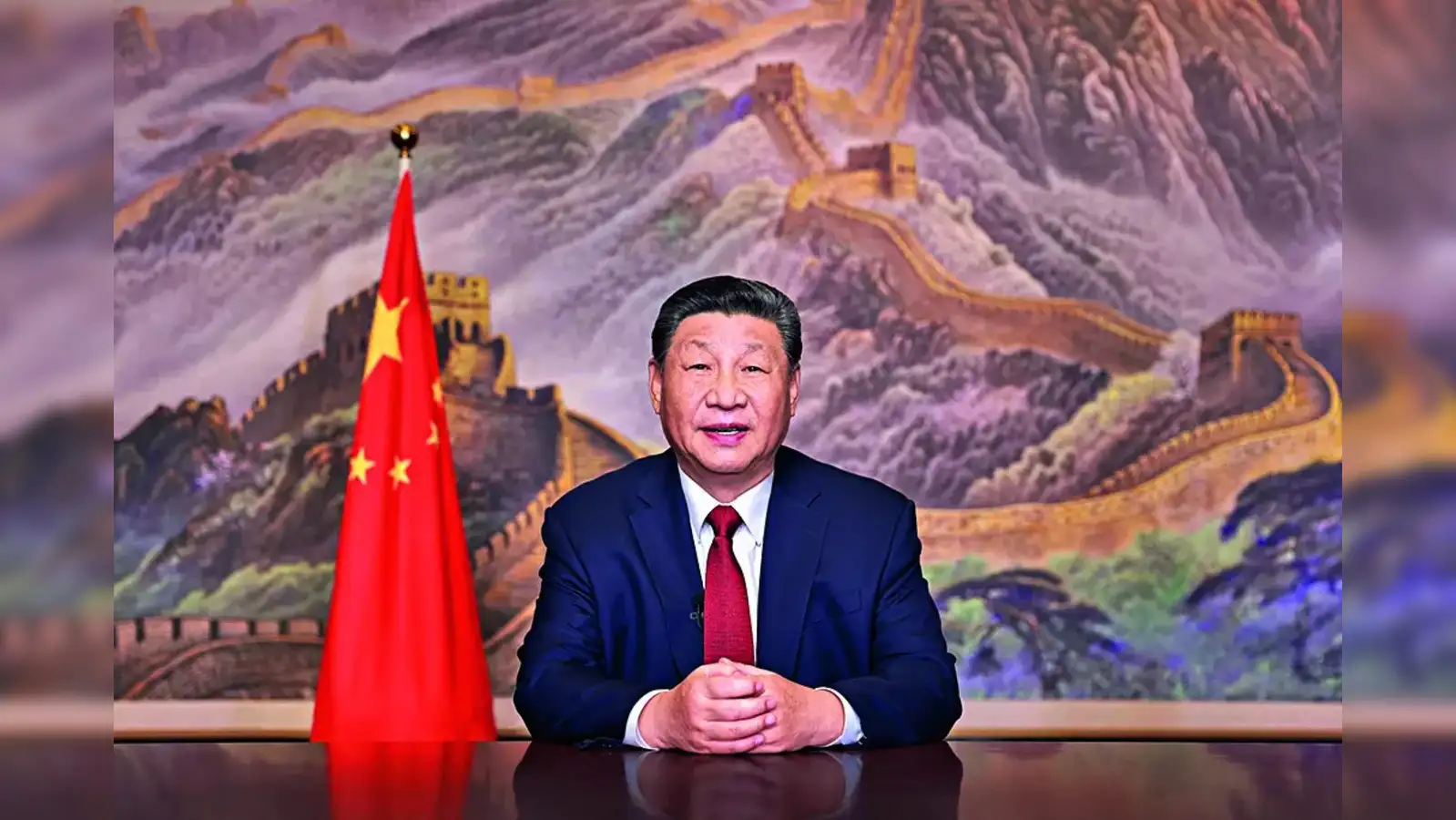China Urges Officials to Reduce Spending Amid Economic Focus

China has mandated a nationwide reduction in unnecessary government spending, particularly in areas such as travel, meals, and office facilities. This directive, issued by President Xi Jinping, reflects a commitment to fiscal responsibility amid challenging economic conditions. The move comes as local administrations grapple with significant debt and declining land sale revenues, prompting a renewed focus on austerity measures and a crackdown on corruption.
Government Directive on Spending
The recent directive from the Chinese government and Communist Party leadership emphasizes the need for frugality among officials. It specifically targets expenditures on items such as cigarettes, alcohol, and lavish receptions. According to the official Xinhua News Agency, the announcement underscores the importance of prudent spending, stating that “waste is shameful and the economy is glorious.” This initiative aligns with President Xi’s broader campaign to promote austerity and combat ostentatious displays of wealth among government officials.
The directive is part of a larger strategy to address the financial challenges faced by local governments, which are experiencing budget constraints due to falling land sale revenues. As these local administrations struggle with substantial debt obligations, the government aims to instill a culture of careful spending and accountability. This approach is expected to help stabilize government finances and ensure that resources are allocated more effectively.
Market Reactions and Economic Context
Following the announcement of the spending cuts, consumer staples stocks within the CSI 300 Index saw a notable decline, dropping by 1.7%. Among the hardest hit was Kweichow Moutai Co., which experienced its largest drop in six weeks, falling by 2.4%. This market reaction highlights the potential impact of the government’s austerity measures on consumer behavior and spending patterns. Investors are closely monitoring how these changes will affect various sectors of the economy, particularly those reliant on government spending.
In the broader economic context, China reported a 5.4% growth rate in the first quarter of the year, surpassing expectations. Officials remain optimistic about achieving the government’s growth target of approximately 5% for the year. However, economists have raised concerns about the potential negative effects of tariffs on economic performance. In response, the government has introduced stimulus measures, including interest rate reductions and increased liquidity support, to bolster economic growth and mitigate the impact of external pressures.
Addressing Local Authority Debt
In recent years, Beijing has implemented comprehensive programs aimed at addressing the debt concerns of local authorities. These initiatives are designed to minimize default risks and support local governments in maintaining economic development. The government’s focus on reducing unnecessary expenditures is part of this broader effort to ensure financial stability at the local level.
As local administrations face mounting financial pressures, the emphasis on austerity is intended to foster a more sustainable fiscal environment. By curbing excessive spending, the government hopes to create a framework that allows for continued investment in essential services and infrastructure. This approach is crucial for maintaining public confidence and ensuring that local governments can effectively respond to the needs of their communities.
Future Outlook and Policy Adjustments
Looking ahead, the Chinese government is likely to continue its focus on fiscal prudence and economic stability. The recent austerity measures are part of a larger strategy to navigate the complexities of a changing economic landscape. As trade tensions with the United States persist, officials are aware of the need for proactive measures to safeguard economic growth.
The introduction of stimulus initiatives earlier this month reflects the government’s commitment to supporting the economy amid external challenges. These measures, implemented prior to the recent China-U.S. trade agreement, aim to provide a buffer against potential disruptions caused by tariffs. As the situation evolves, the government will need to balance fiscal responsibility with the need for economic growth, ensuring that policies remain adaptable to changing circumstances.
Observer Voice is the one stop site for National, International news, Sports, Editor’s Choice, Art/culture contents, Quotes and much more. We also cover historical contents. Historical contents includes World History, Indian History, and what happened today. The website also covers Entertainment across the India and World.
Follow Us on Twitter, Instagram, Facebook, & LinkedIn

